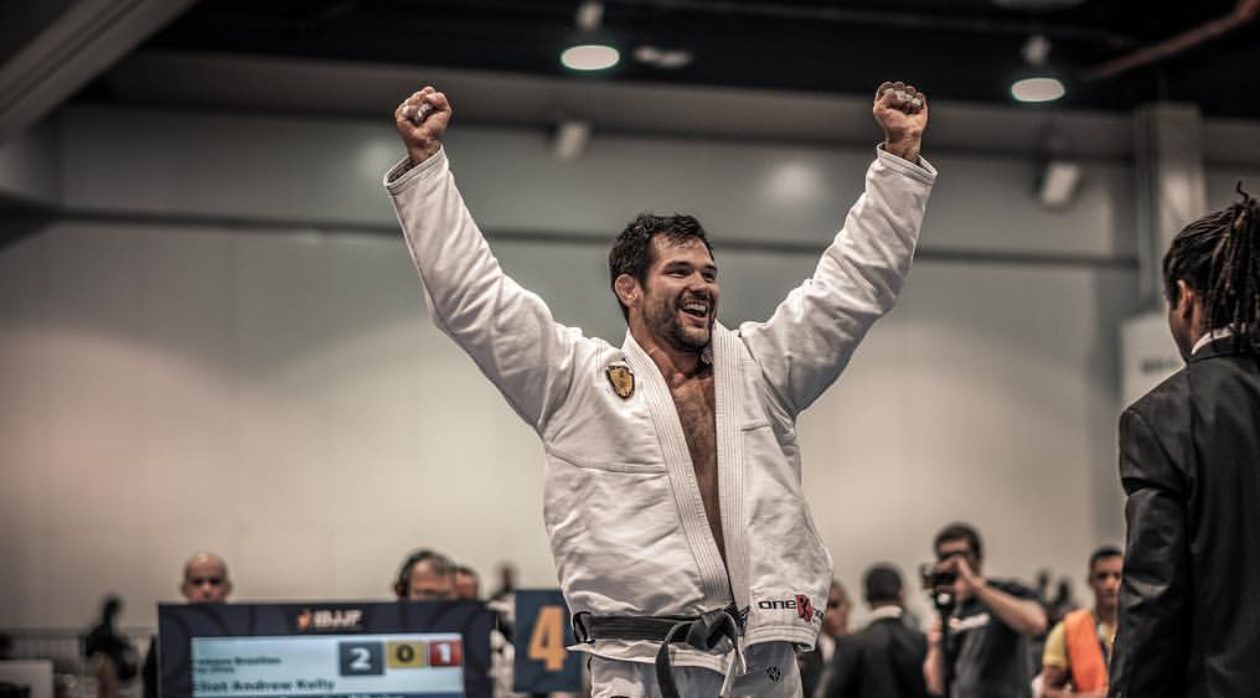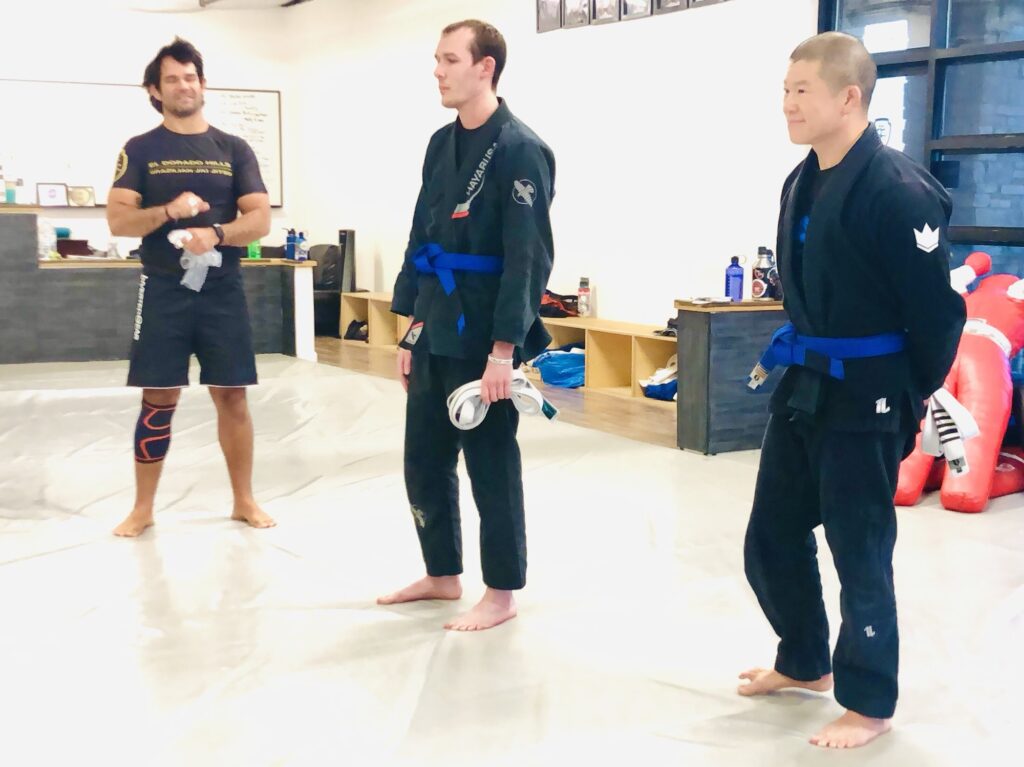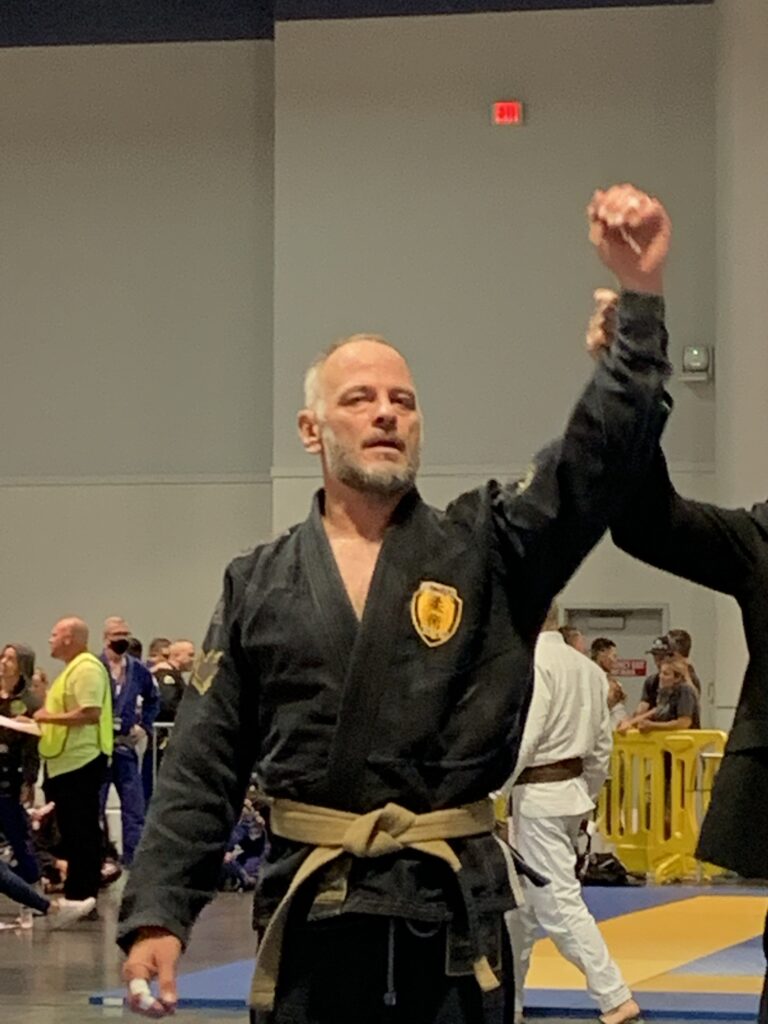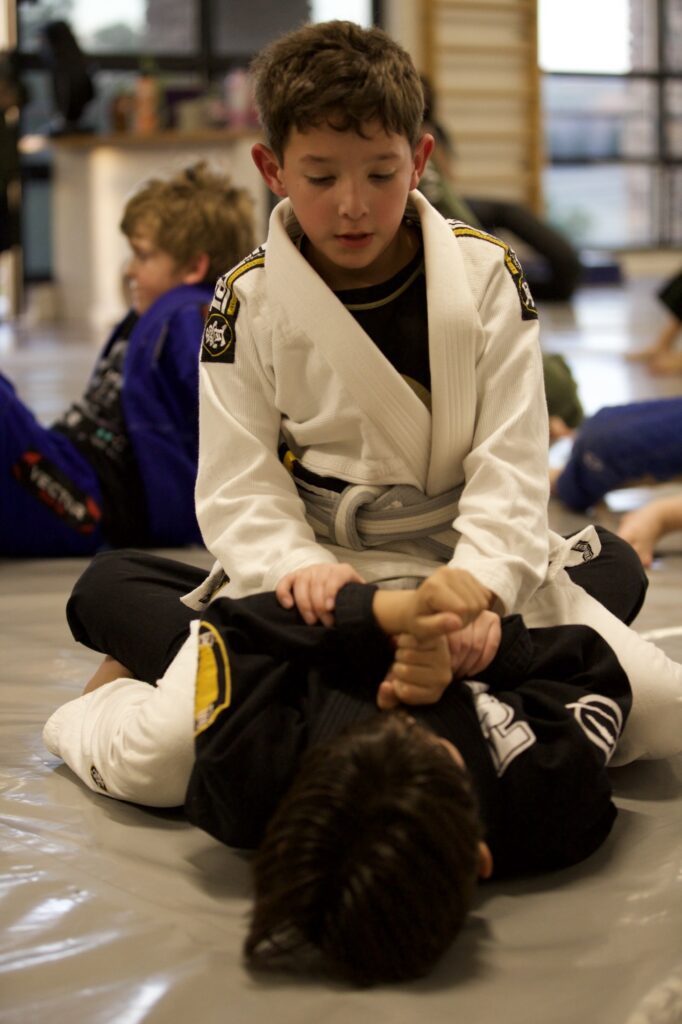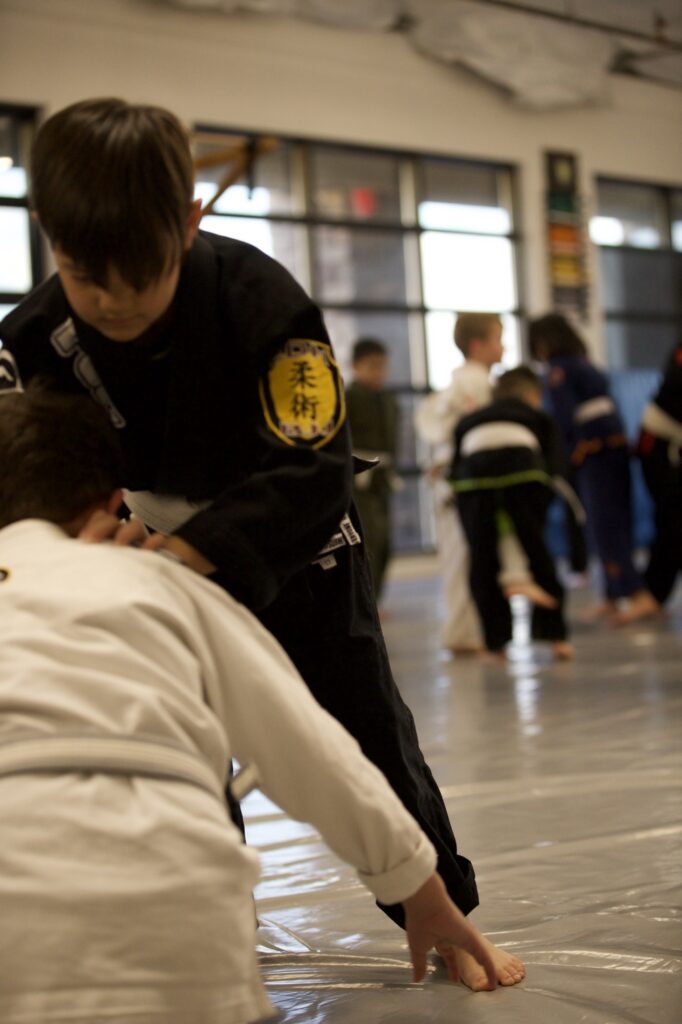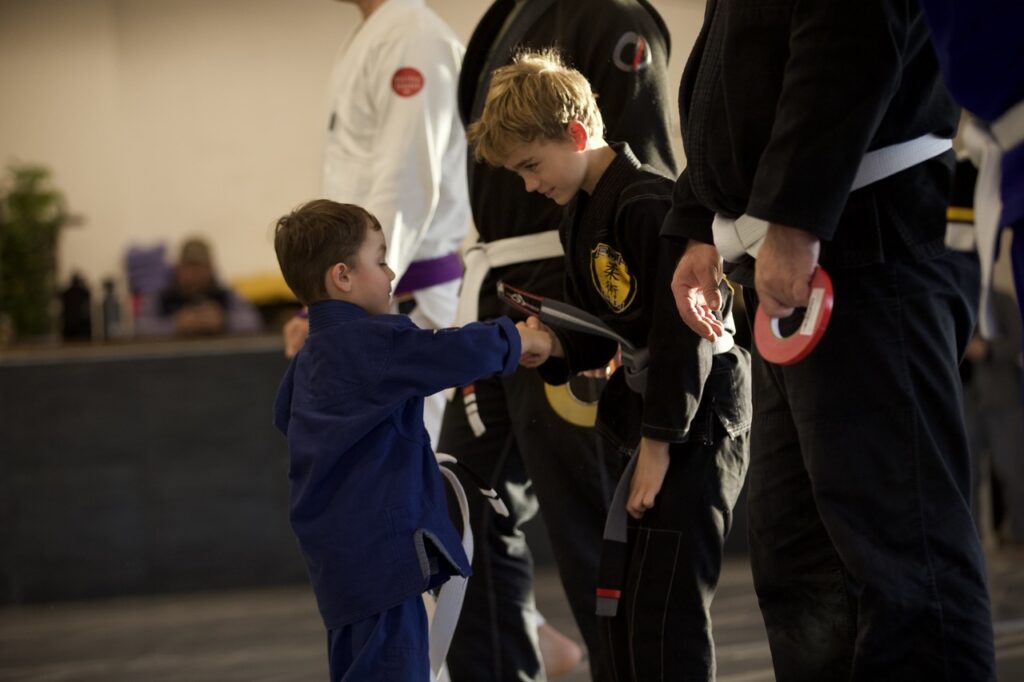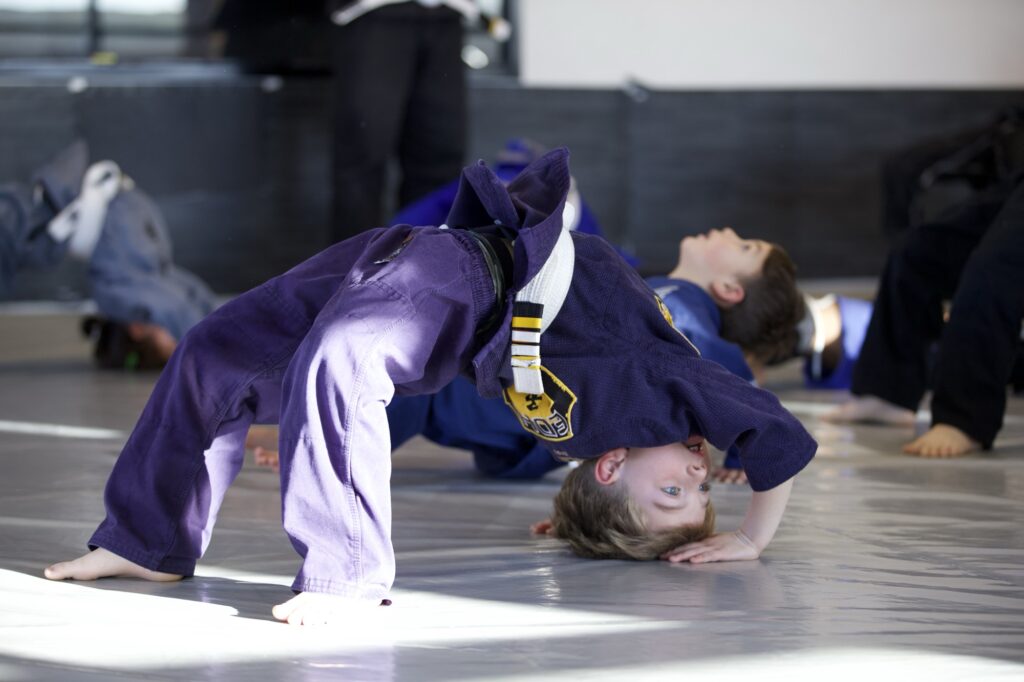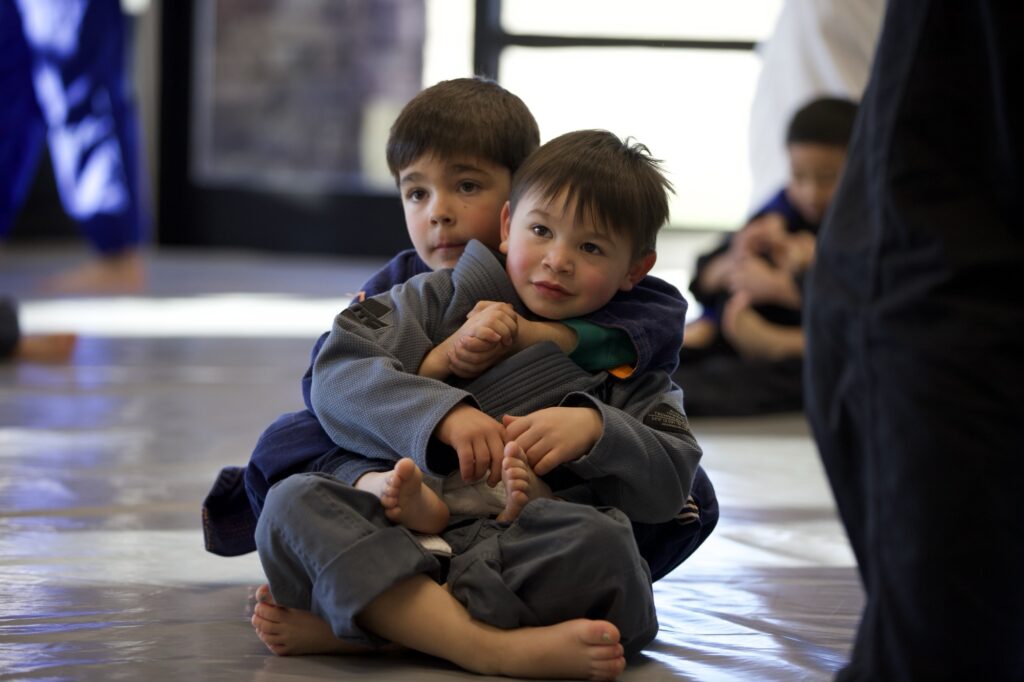Martial arts is more than just learning techniques—it’s about growth, discipline, and perseverance. At El Dorado Hills Jiu Jitsu, we believe that success isn’t just measured by wins and losses but by the courage to challenge yourself and the commitment to self-improvement.
The Courage to Start
Every martial artist, no matter how experienced, was once a beginner. Whether you’re stepping onto the mat for the first time or learning a new skill that pushes you outside your comfort zone, the real challenge is simply starting. Growth happens when you embrace that discomfort and push forward, knowing that every small step leads to progress.
Winning by Showing Up
Some days, training feels great—you execute techniques smoothly, control your breathing, and feel confident. Other days, it’s a struggle just to get to class. But at El Dorado Hills Jiu Jitsu, we see every class attended as a victory. The real win in martial arts isn’t about dominating your training partners; it’s about consistently showing up and improving yourself, even when it’s tough.
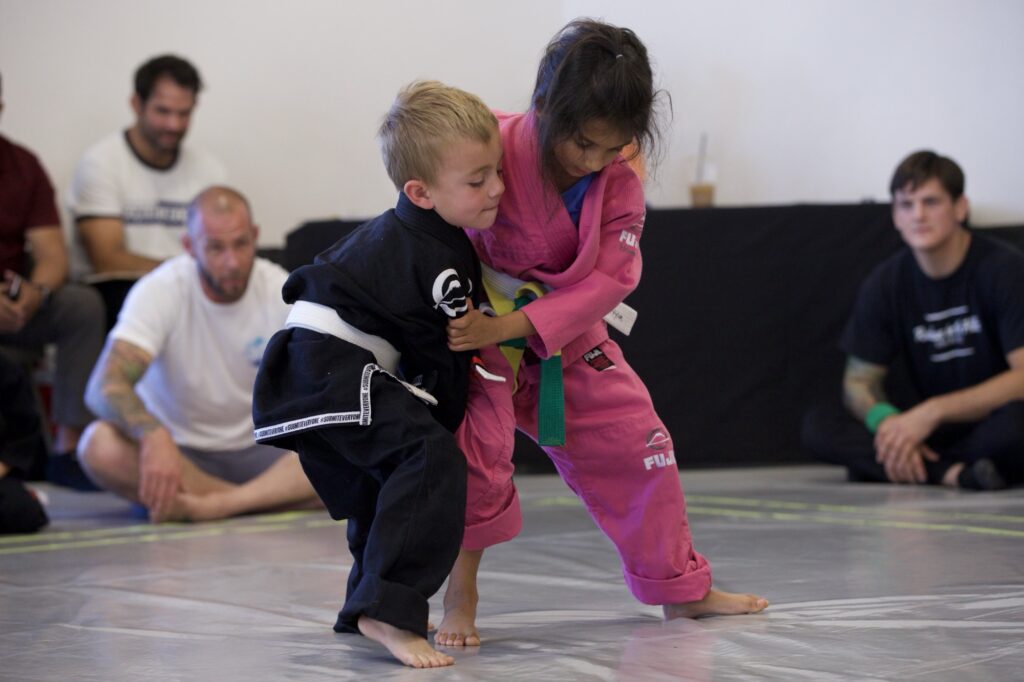
Embracing the Process
Improvement in martial arts doesn’t happen overnight. It’s built through small moments of growth:
- Learning to remain calm under pressure
- Developing confidence in difficult positions
- Understanding a new concept, even if execution takes time
These incremental gains add up, shaping you into a stronger, more skilled, and more resilient martial artist.
The Ultimate Goal: Personal Growth
At El Dorado Hills Jiu Jitsu, we emphasize that Jiu Jitsu is a journey, not a race. It’s easy to get caught up in competition results or comparing yourself to others, but real success comes from continuous learning and self-improvement. When you focus on personal growth rather than external validation, you’ll find deeper fulfillment in your training.
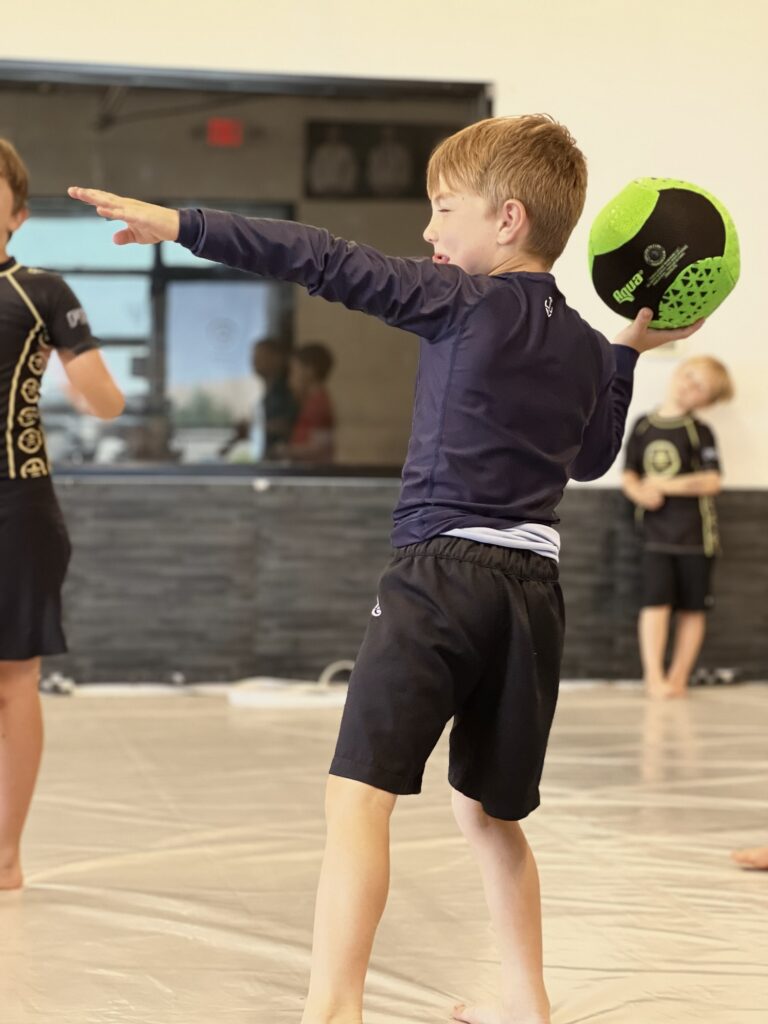
So, the next time you feel unmotivated or frustrated, remember this: just by stepping onto the mat, you’re winning. Every class, every rep, and every challenge you embrace brings you one step closer to becoming the best version of yourself.
Keep training, stay committed, and enjoy the journey. See you on the mats at El Dorado Hills Jiu Jitsu!
